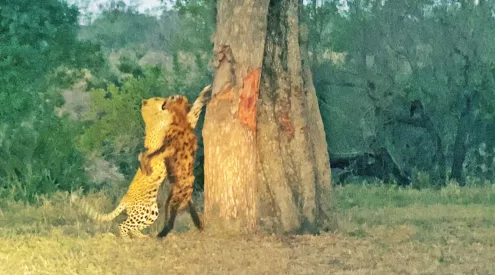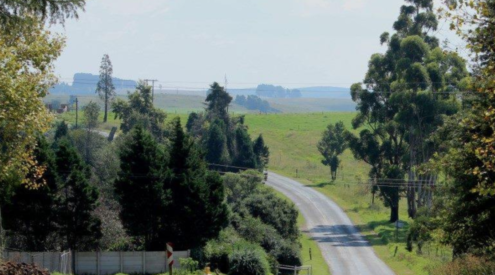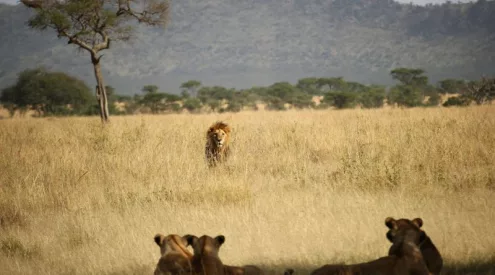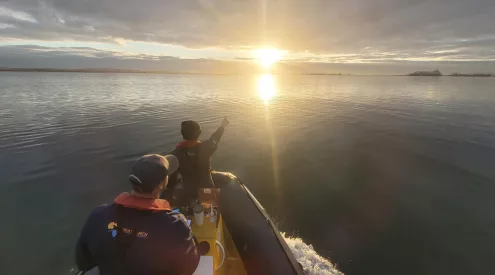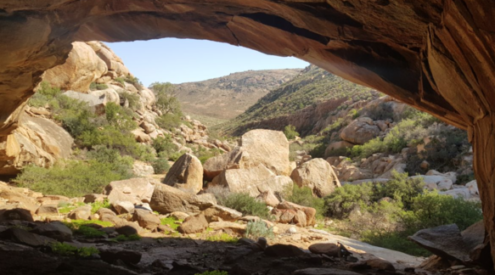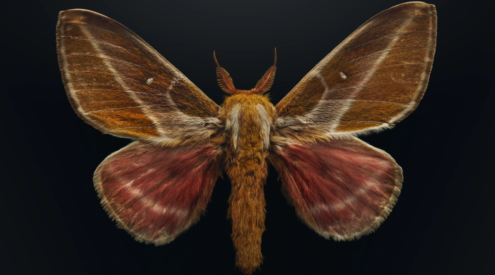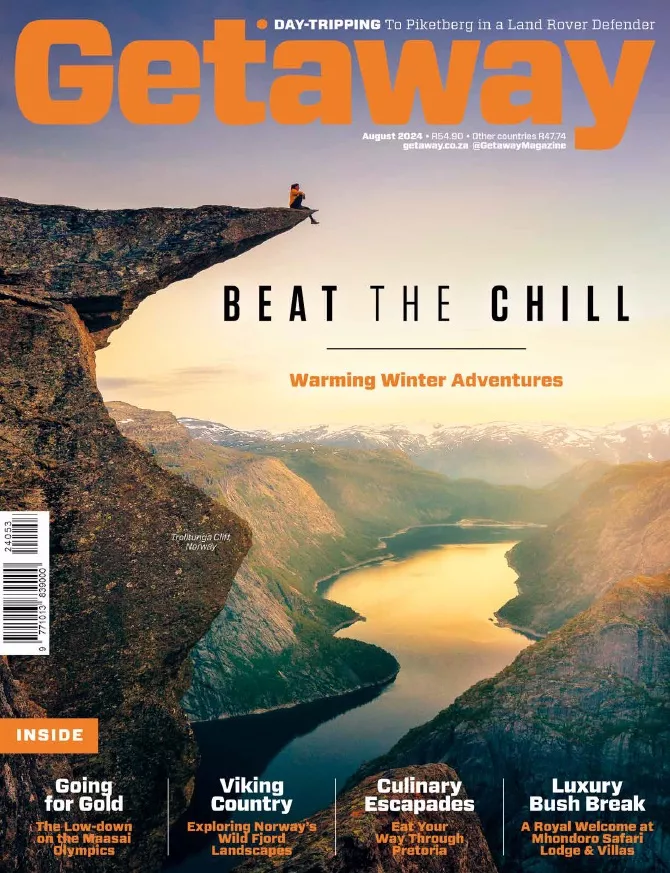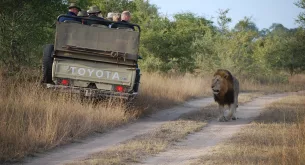Scientists have warned that the coronavirus would pose a serious threat to great apes. They are calling for urgent action to be taken to protect our closest relatives.
Experts penned a letter, which has been published in the journal Nature, to alert the public to this issue. ‘As leading experts in the conservation and health of these animals, we urge governments, conservation practitioners, researchers, tourism professionals and funding agencies to reduce the risk of introducing the virus into these endangered apes. They can do this by applying the International Union for Conservation of Nature’s best practice guidelines for health monitoring and disease,’ they said in the letter.
Great apes (which includes two species of chimpanzees, three species of orangutans, and two species of gorilla) are humans’ closest relatives in the animal kingdom. Live Science reported that humans share 98% of their DNA with chimpanzees. Included in the similarities between species is the susceptibility to respiratory illnesses.
As an example of this, UNESCO reports that many gorillas and chimpanzees died as a result of the Ebola virus in the 2000s. With the coronavirus now spreading rapidly across the world, we must keep the great apes, and their safety, in mind.
This issue becomes even more pertinent when we consider that great apes are already threatened by extinction. For this reason, their vulnerability to the disease is of great importance.
‘We do not know what the effect of the virus on them is and that means we have to take the precautionary principle and reduce the risk that they will get the virus’, said co-signatory of the letter, Professor Serge Wich of Liverpool John Moores University, to BBC News.
The letter also proposes ways to limit the possible spread of the virus to great apes. ‘In the present situation, we recommend that great-ape tourism be suspended and field research reduced, subject to risk assessments to maximise conservation outcomes (for example poaching could rise with fewer people in the area),’ the letter stated .
UNESCO has said that it is monitoring the situation through its network of biosphere reserves that are great ape habitats.
Image: Twitter / Man and Biosphere


